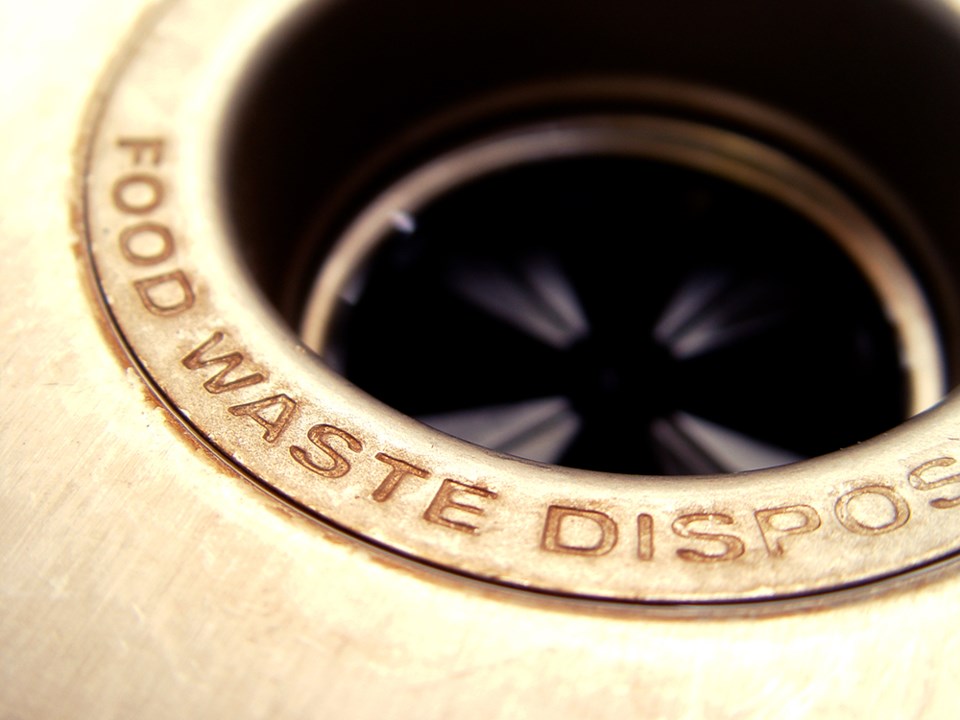City of Powell River councillors have voted to not allow garburators in new home construction.
At the December 16 city council meeting, councillors considered an amendment to the sanitary sewer and storm drain source control bylaw.
The revisions to the bylaw include people not installing a garburator or similar food waste grinding devices within a residential dwelling that would result in food waste discharging into the city’s sanitary sewer. The bylaw also stipulates that a food service operator must not connect a garburator to plumbing that leads to the sanitary sewer.
Councillor Jim Palm said he had done a bit of digging and the city had received all kinds of correspondence lobbying to educate councillors.
“There’s three things in my estimation that add up to: is it really worth the effort?” asked Palm. “There are already many garburators in every dishwasher in town. There is a lot of new housing going up and this proposed change would eliminate the allowance of garburators in kitchen sinks.
“I’m not sure whether we need to ban it, or whether we need a very strong educational program to update our residents on proper garburator use because our new sewer plant is going to need some food to help it work.”
Palm said he didn’t see a big problem with allowing garburators and he’d like to see an education plan.
Councillor CaroleAnn Leishman said she fully supported the bylaw. She said it has been on council’s action list for probably three years.
“I’ve done tons of reading on this issue, and it comes down to being able to stuff entire vegetables and greasy food leftovers down the drain, which is a huge burden on our sewer system,” said Leishman. “There are a lot of problems with the grease buildup. The extra fibre is not needed in the sewage treatment plant.
“Food waste should be repurposed into other material for the purposes of agricultural use. Food waste is meant to naturally break down into better amendments for growing more food.”
Leishman said banning of garburators gives the city the opportunity to do a robust education program about where waste goes, and to try to encourage residents to compost.
“A lot of other cities have done these bans,” said Leishman. “It’s proactive and it just prevents new construction and new food service operations from putting a garburator in. It doesn’t prevent someone buying one and putting it in after they get their occupancy permit, but it’s less likely, especially for a homeowner, to bother to hire a plumber and replumb their drain with a garburator after the fact.”
Councillor Rob Southcott said he has an investment in a local farm and looks forward to local compost being available to support that farm and other local agricultural operations.
“It gives us an opportunity to educate our public and move us forward,” said Southcott. “I fully support it.”
Palm, Hathaway opposed to bylaw
Palm said the bylaw being proposed is not enforceable.
“Banning [garburators] is going to make a very small dent in the process because it’s only in regard to new builds,” said Palm. “We have all kinds of existing garburators in place, along with dishwashers. If somebody wants to put a garburator in a new home down the road, we’re not going to come and look to see if there is one there. For all of those reasons, a strong educational program is the way to go.”
The bylaw passed, with Palm and councillor Maggie Hathaway opposed.
Council then contemplated a change to the municipal ticket information bylaw, which would assign $300 fines to those in contravention of the sanitary sewer bylaw.
Hathaway said the ticketing bylaw is being amended to include a fine for someone who installs a garburator into a new home.
“I don’t know if we are going to have garburator police checking out if someone already had one installed but it’s just to include a fine of $300 for installing a garburator,” she added.
The bylaw passed, with Hathaway and Palm opposed.


.jpg;w=120;h=80;mode=crop)

